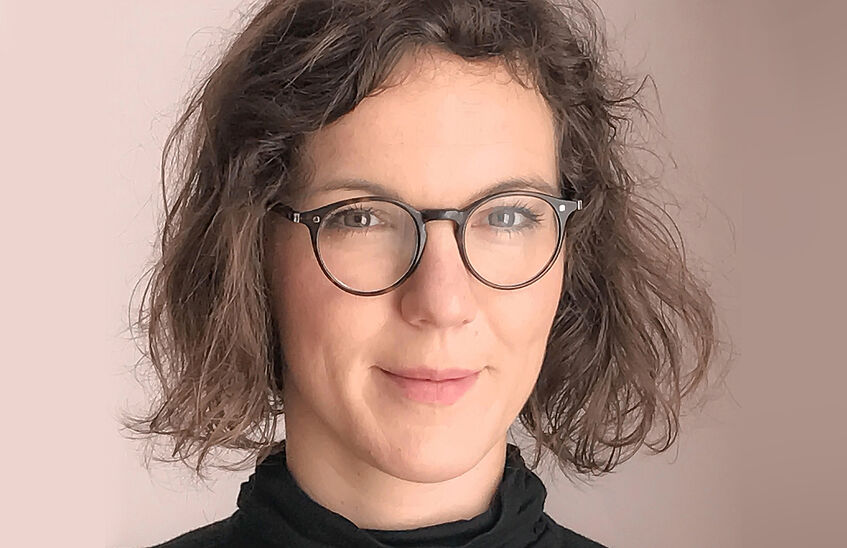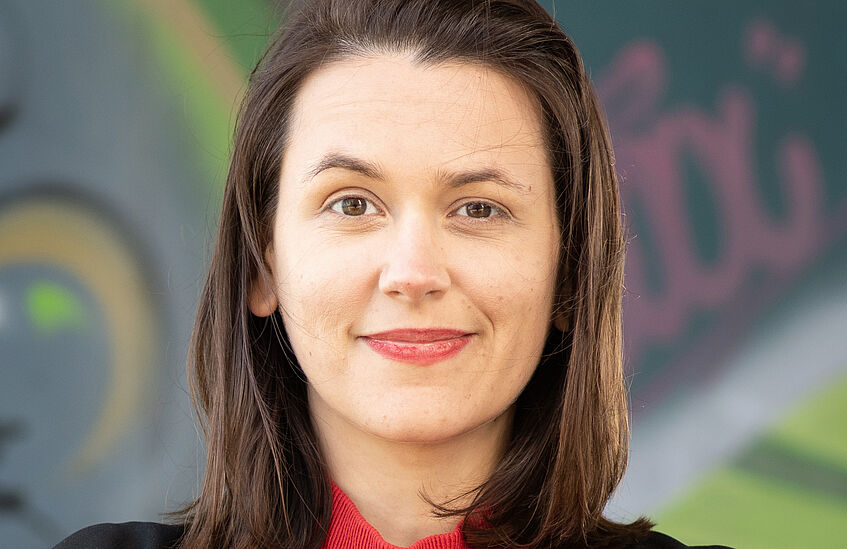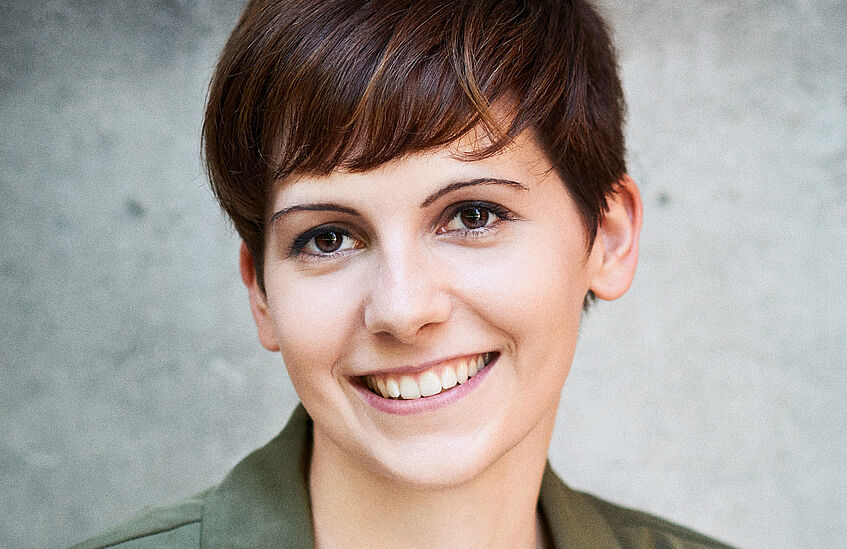sowi:doc Awards 2021
The sowi:doc Awards for the academic year 2020/2021 are awarded to:
Sabina Cveček
“Households at the dawn of the Bronze Age: Anthropological contextualizations of local social organization within the Aegean basin”
Research field: social and cultural anthropology

This interdisciplinary dissertation addresses social organization at two Early Bronze Age (3rd millennium BC) sites of Çukuriçi Höyük and Platia Maogula Zarkou from socio-cultural anthropological perspectives. Based on a controlled comparison between the archaeological evidence and ethnographic examples of non-state societies, the aim of this study was twofold. First, to understand the role of households at each site. Second, to address which type of non-state social organization is appropriate to describe social organization at these sites, if any. The study argues that multiple types of socio-political organizations co-existed at the dawn of the Bronze Age in the Aegean and critically addresses the limitations of applying socio-cultural anthropological models to the archaeological record. Sabina’s revised dissertation entitled “Çukuriçi Höyük 4: Household economics in Early Bronze Age Aegean” is currently in print with the Austrian Academy of Sciences Press.
Sabina Cveček defended her dissertation in February 2021 at the Faculty of Social Sciences of the University of Vienna (adviser: Andre Gingrich). Since March 2021 she works as a postdoctoral researcher at the Department of Prehistory & West Asian/Northeast African Archaeology at the Austrian Archaeological Institute of the Austrian Academy of Sciences. Her research interests include archaeological anthropology, non-state socio-political organization, exchange networks, and subsistence practices in the Aegean and Anatolian prehistory.
Contact: sabina.cvecek@oeaw.ac.at
Vera Gallistl
“Orchestrating aging – doing age in the field of cultural production”
Research field: sociology

The dissertation explores the meaning and experiences of age and ageing in the arts and culture from a practice-theoretical perspective, asking when, how and where age is being done in the field of cultural production. It combines data from three case studies exploring artistic production, consumption and institutional frameworks. The results illustrate that both production and consumption in the cultural field are age coded, highlighting that specific expectations are placed upon older producers and consumers of the arts and culture. Regarding artistic production, analysis revealed the importance of value regimes in the cultural field that place a strong emphasis on the economic value of art that older (retired) artists rarely (can) produce. In the area of cultural consumption, this is exemplified by the socio-material arrangements of theaters, in which healthy, able bodies are adopted as a norm, which marginalizes the experiences of older consumers of the arts and culture. These results opens up the cultural field as a topic for gerontology. It makes clear that in times of demographic change, not only the health and care sector need to react to the changing age structures of modern societies, but so too should the cultural sector.
Vera Gallistl defended her thesis in December 2020 at the Faculty of Social Sciences of the University of Vienna. She is a researcher at the Department for Sociology at the University of Vienna and the Center for Gerontology at Karl Landsteiner Private University for Health Sciences. She is co-editor of “Cultural Gerontology” (Springer, 2022). In her current research project, Vera Gallistl works on a critical exploration of AI in elder care, developing a socio-material theory of ageing.
Contact: vera.maria.gallistl@univie.ac.at
Esther Greussing
“Looking, clicking, learning? Knowledge effects of textual, visual and interactive elements in science-related online news”
Research field: communication

The dissertation investigates whether, how and which people can benefit from novel presentation forms applied in online news about science and technology. Specifically, it focuses on the direction, underlying mechanisms, and boundary conditions of knowledge effects induced by web-specific combinations of textual, visual and interactive elements that aim to provide users with aesthetic appeal, immersion, and a user-controlled exploration of graphical content. Results show that transformations in the presentation of news are not trivial but have significant impacts on citizens’ understanding of scientific issues. Based on four experimental studies, it appears that the cognitive effects of a more visual, interactive and immersive presentation of science-related online news are mixed, with predominantly negative outcomes. In particular, the addition of interactive and immersive elements such as a 360-degree photo or a clickable infographic to a traditional text-based article reduced news consumers’ ability to thoroughly process and store the information at hand. Certain combinations of different modalities, however, have high aesthetic appeal, which in turn heightened users’ cognitive investment in and retention of the news content. News design can thus serve as a peripheral cue, and become a psychologically significant factor that compensates for reduced learning outcomes.
Esther Greussing defended her dissertation in December 2020 at the Faculty of Social Sciences of the University of Vienna. Since October 2019 she works as a researcher at the Institute for Communication Science at TU Braunschweig, Germany. Her research revolves around users’ engagement with novel ways of presenting science-related information, and resulting psychological and societal implications.
Contact: e.greussing@tu-braunschweig.de
